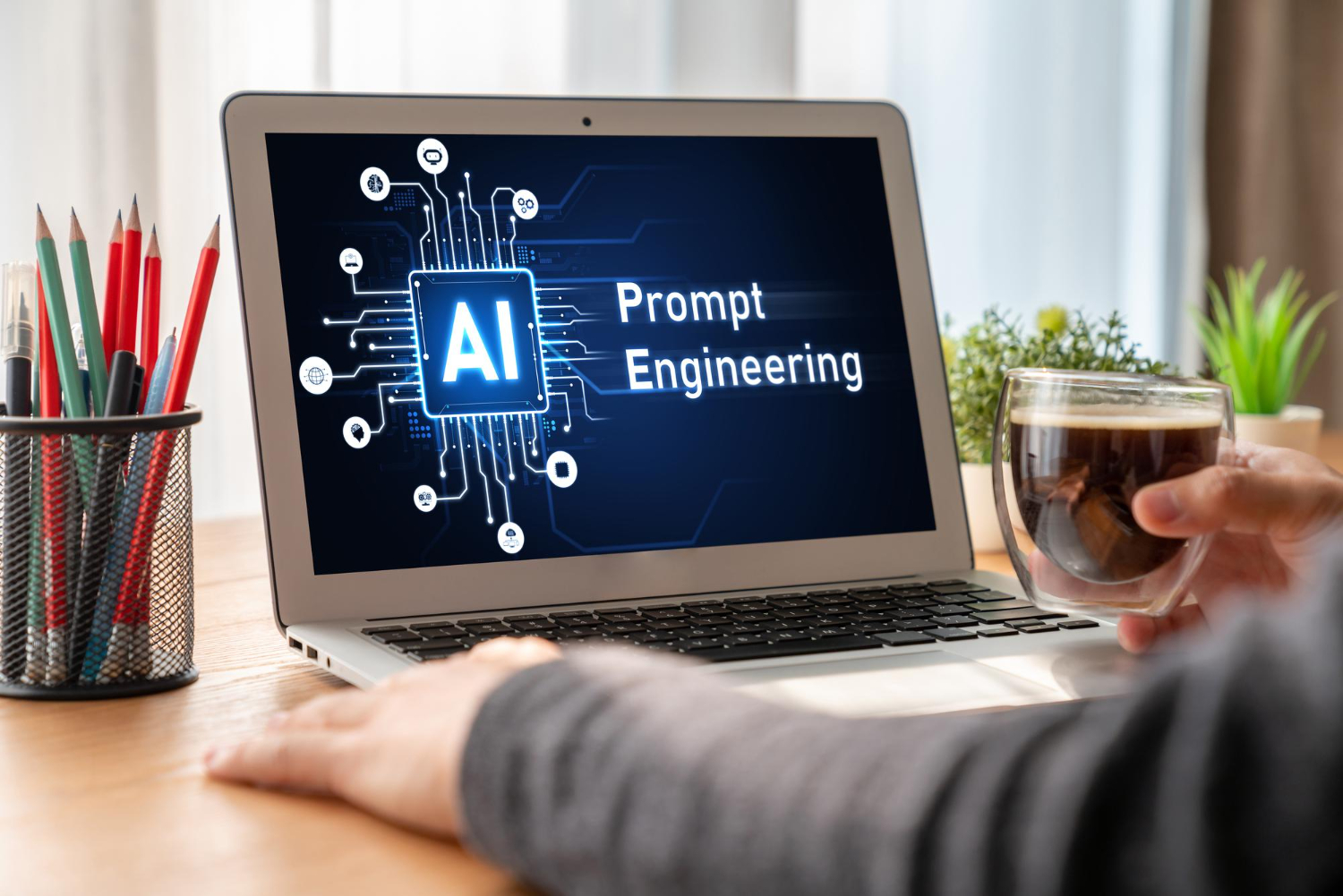The legal system, a realm built on tradition and precedent, may not seem like the most fertile ground for technological disruption. Yet, Artificial Intelligence (AI) is rapidly transforming the legal landscape, offering a wave of practical applications that are making justice more efficient, accessible, and data-driven. From streamlining workflows for lawyers in the US to empowering individuals seeking legal aid around the world, AI’s impact is undeniable.
Streamlining the Legal Grind: AI for Efficiency
One of the most significant contributions of AI lies in automating repetitive tasks that consume a vast amount of lawyers’ time. In the US, legal research is a cornerstone of building strong cases, a process traditionally involving poring over mountains of documents and legal precedents. AI-powered platforms like Lex Machina and Westlaw Edge are changing this. These platforms leverage Natural Language Processing (NLP) to understand legal language nuances, pinpointing the most relevant information for a specific case. This saves lawyers hours of meticulous searching, allowing them to focus on more strategic aspects of litigation.
Contract review, another time-consuming task, is also benefiting from AI. AI-powered tools like Kira Systems and Lever can scan contracts, identify inconsistencies, and flag potential risks with high accuracy. These tools can analyze standard clauses, highlight deviations from established norms, and even propose alternative wording. This not only reduces the risk of errors in contracts but also ensures greater consistency, a boon for corporate legal teams in the US.
AI Transforming the legal and for Justice: Democratizing Legal Help
The high cost of legal representation is a major barrier to justice for many individuals and small businesses. AI is emerging as a powerful tool for addressing this issue, offering solutions both within the US and abroad. Chatbots powered by AI can provide basic legal information and guidance, helping individuals navigate legal processes like filing complaints or understanding their rights. These chatbots are particularly valuable in underserved areas where access to lawyers is limited.
Platforms like DoNotPay and LawDroid are at the forefront of this movement. Using AI-powered chatbots, they answer basic legal questions, draft simple legal documents (think wills or power of attorney), and even negotiate with creditors. These tools empower individuals to handle basic legal matters without needing expensive legal counsel, increasing access to justice for a broader range of people across the globe.
Beyond Efficiency: AI for Data-Driven Decisions
The power of AI extends beyond automation and document analysis. AI-powered legal analytics are transforming the way lawyers approach cases in the US and internationally. These tools analyze vast datasets of past cases and legal outcomes, allowing lawyers to predict the likelihood of success for a specific case. Platforms like LexisNexis CounselConnect and Thomson Reuters Predictable Decisions leverage machine learning algorithms to identify patterns in past cases and predict potential outcomes based on factors like judge, case type, and legal arguments. This data-driven approach significantly improves strategic decision-making. Lawyers can use this information to advise clients on settlement options, allocate resources more effectively, and focus their efforts on the most winnable cases.
E-discovery and Due Diligence: AI Simplifies Complex Processes
E-discovery, the process of identifying, collecting, and analyzing electronically stored information (ESI) relevant to a legal case, is a notoriously complex and expensive undertaking in the US and elsewhere. AI-powered e-discovery platforms like Everlaw and Relativity are revolutionizing this process. These platforms use AI to analyze massive datasets of ESI, identify relevant documents more efficiently, and filter out irrelevant information. This not only reduces the time and cost associated with e-discovery but also ensures that lawyers have access to the most critical evidence for their cases.
Similarly, AI is transforming the due diligence process for mergers and acquisitions (M&A). Platforms like EY Riverview and PwC Vantage use AI to analyze vast amounts of financial and legal documents, identify potential risks and red flags, and streamline the due diligence process. This allows companies in the US and worldwide to make more informed investment decisions and complete transactions more efficiently.
Global AI Legal Transformation: Real-World Applications
The impact of AI on the legal system goes beyond theoretical possibilities. Here are some real-world examples of how AI is being used to improve justice systems around the globe:
- USA: Legal tech companies in the US, like those mentioned previously, are developing AI-powered tools for legal research, contract review, and due diligence. These tools are being used by law firms and corporations to improve efficiency and reduce costs. Additionally, some US courts are exploring the use of AI-powered chatbots to answer basic legal questions from self-represented litigants.
- China: The Chinese government is utilizing AI to streamline court processes. AI-powered systems are used to automate case filing, schedule hearings, and even generate preliminary rulings in some cases. This not only improves efficiency but also helps to reduce backlogs in the court system.
- Estonia: A leader in e-government, Estonia is deploying AI chatbots to provide legal guidance to citizens. These chatbots offer basic legal information, answer frequently asked questions, and even help users with tasks like filing lawsuits online. This not only increases access to justice but also reduces the burden on the legal system.
- Netherlands: The Dutch government is exploring the use of AI to predict recidivism rates among criminals. This information can be used to tailor rehabilitation programs and potentially reduce crime rates. Judges can also consider AI-generated risk assessments when determining sentencing, promoting a more data-driven approach to criminal justice.
- India: As discussed previously, India’s legal system is also embracing AI with unique challenges and opportunities.
- AI and the Ethical Landscape: Challenges and Considerations
- While AI holds immense potential for the legal system, both in the US and worldwide, there are critical challenges that need to be addressed:
- Data Privacy Concerns: The use of AI in legal processes raises concerns about data privacy and security. Legal documents often contain sensitive information, and robust data governance frameworks need to be established to ensure the responsible use of AI in the legal system.
- Regulation of AI-powered Legal Tools: As the legal tech landscape evolves, clear regulations are needed to ensure the accuracy and reliability of AI-powered legal tools. These regulations should promote innovation in the legal sector while minimizing the risks associated with untested technologies.
- Algorithmic Bias: AI algorithms are only as good as the data they are trained on. Biases in training data can lead to biased outcomes in AI-powered legal tools. Addressing this issue requires careful data curation and ongoing monitoring of AI systems to ensure fairness and non-discrimination.
- Job Displacement: The automation of tasks through AI has the potential to displace some legal jobs, particularly those involving routine tasks like legal research and document review. However, AI is also likely to create new opportunities in the legal sector, requiring a shift towards more analytical and strategic skills from legal professionals.
The Road Ahead: Embracing AI Responsibly and Understanding the way AI Transforms the legal
The legal system is at the dawn of a new era marked by AI. By embracing this technology responsibly and addressing the challenges outlined above, AI can transform the legal landscape for the better. The potential benefits are undeniable: a more efficient legal system increased access to legal services, and data-driven decision-making that can lead to fairer outcomes.
As AI continues to develop and integrate further, ongoing collaboration between legal professionals, technologists, and policymakers will be crucial. This collaboration will ensure that AI is used ethically and responsibly, paving the way for a future where justice is not only efficient but also accessible and fair for all, both in the US and around the world.
Related Articles







